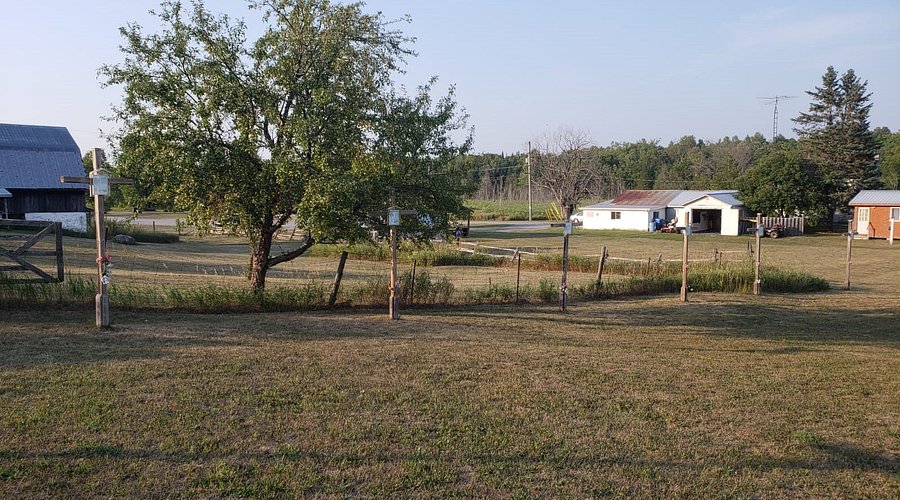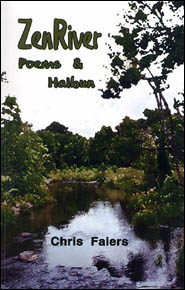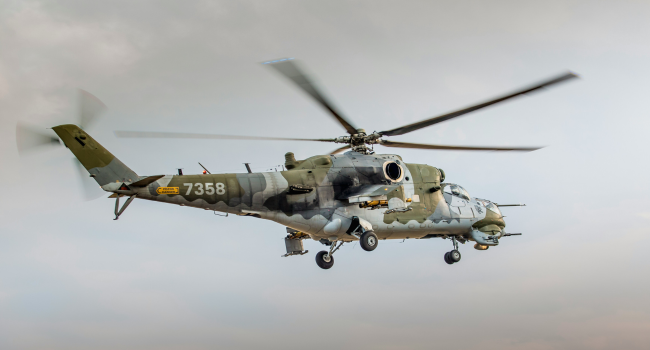Buoyant blog of septuagenarian (77) Kanadian poet and haikuist Chris Faiers/cricket. People's Poetry in the tradition of Milton Acorn, haiku/haibun, progressive politikal rants, engaged Buddhism and meditation, revitalizing of Callaghan's Rapids Conservation Area, memories of ZenRiver Gardens and Purdy Country LitFests (PurdyFests), events literary and politikal, and pics, amid swirling currents of earth magick and shamanism. Read in 119 countries last week - 43,329 readers in September.
Total Pageviews
Monday, 28 October 2024
Through the Nights: Allan Briesmaster
Friday, 25 October 2024
War Is Insane: David Suzuki
|
Wednesday, 23 October 2024
Full Moon in Late Winter/First Time: Katherine L. Gordon
Monday, 21 October 2024
Sky Goddess Mary's Farm (a poet visits)
loved the poem! I especially liked the lines inquiring about Mary's not appearing above the Vatican and your conclusion.

Autumn Ducks, Late October: James Deahl
For Raymond Souster
January 15, 1921 - October 19, 2012Another autumn, and mallards
blanket these secluded waters
of Chipican, sheltered from
the sharp gusts off Lake Huron.
They arrived from up north on their
journey to the Gulf of Mexico.
In afternoon’s sun they bob
on water surrounded by the gold
and burnt red of maples,
the yellows of locusts touched by frost.
All our flowers are finished,
even the brave asters have folded.
You have been gone six years, Ray,
and every year at migration time
your spirit comes on autumn’s wind
with the mallards on their way south.
Ducks tarry on Chipicon, safe
before whisking away as winter
advances with its teeth of ice;
they sanctify each year since you were here.
Tuesday, 15 October 2024
Sorrow Falls to Hillview - a fall haibun
I generally don't feel exuberantly creative in my old age, but I still enjoy daily fall hikes where I live on the edge of the Kawartha Lakes region of Ontario. Following is from my 2008 book, ZenRiver: Poems & Haibun. Hidden Brook Press









